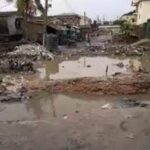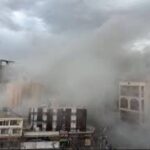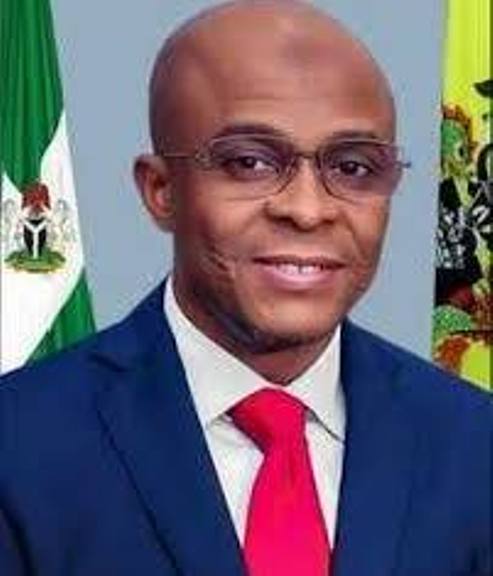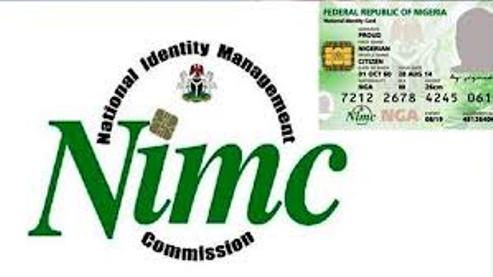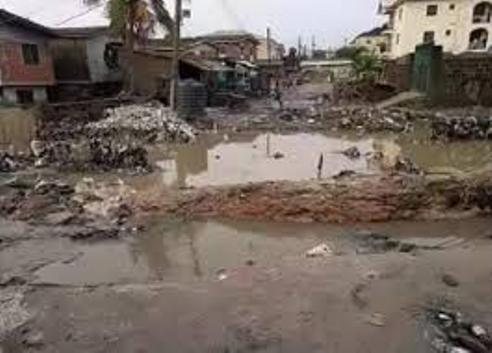LAGOS FEBRUARY 6TH (NEWSRANGERS)-Compelled by the exigency of bringing Nigerian Ports up to speed with those of its peers in terms of infrastructure and equipment, the Nigerian Ports Authority (NPA) has secured necessary approvals for an upward review in its tariffs which was last reviewed in the year 1993.
The 15% upward increase which is to cut across all NPA Rates and Dues is premised on the urgent need to address the undesirable reality of aged and weak infrastructure, obsolete equipment and slow Port capacity expansion which has continued to diminish the performance and indeed competitiveness of Nigerian Ports.
Globally, Port Authorities depend on revenue from operations to stay alive to their responsibilities which include construction and maintenance of Port infrastructure, dredging of channels, provision of aids for safe navigation, provision of modern marine crafts for efficient harbour services, automation and digitisation of port transactions, port security, energy efficiency and training and retraining of its employees.
The global index of Port rating and competitiveness which the international trade community relies on for its choice of countries to do business with, derives its data from how well the aforementioned responsibilities are addressed.
Coming at this period of global economic upheaval and scramble for markets, this belated tariff review borne out of necessity constitutes a critical success factor in Nigeria’s quest to win back cargo handling business and it’s accompanying benefits including job opportunities it had lost to it’s maritime neighbours.
Contrary to the popular but erroneous notion that attributes high Port costs to NPA relative to its peers, verifiable data shows NPA tariffs are amongst the lowest in the region.
The high incidence of unreceipted costs due to unduly high human interface, bureaucratic bottlenecks, functional overlaps resulting from absence of a Port Community System (PCS) and its corollary the National Single Window (NSW) are responsible for this contrived falsehood.
Although long overdue, a quick win benefits of the NPA Tariff review for stakeholders, is the immediate boost it gives to the Authority to fast track the commencement of actual works on its concluded Port reconstruction and modernisation plans.
Secondly, the Tariff review provides the necessary guarantees to fund the acquisition and urgent deployment of the Information Communications Technology (ICT) backbone of the PCS which is the precursor to the implementation of the NSW.
Furthermore, the increased revenue generation arising from the review buoys the Authority’s capacity for critical maintenance works to open up the Eastern Ports for increased vessel and cargo traffic such as the reconstruction of collapsed Escravos Breakwaters and challenged aspects of Rivers, Onne and Calabar Ports respectively.
At a stakeholders meeting in Lagos,Managing Director of NPA, Abubakar Dantsoho represented by Olalekan Badmus, Executive Director Marine and Operation said the management decision to meet stakeholders was borne out of desire to carry everyone along.
Speaking at the meeting, Joshua Asanga a stakeholder agreed with the increase adding that the value of NPA present tariff has since been suppressed Inflation which is at about 35% .
Asanga listed port management liabilities like wages, fuel and other areas of expenditure as having adjusted upwards without a commensurate rise in NPA charges for over thirty years
He added that NPA needs funds for improved port infrastructure, robust ICT for Port Community System, procurement of tug boats and other operational platforms to achieve efficiency
Another stakeholder, Damian Ukagu, who spoke at the event talked on the need to apply more NPA funding to outer port facilities and jetties like the Kirikiri Lighter Terminal and development of other critical port facilities across the country.
He added that NPA rates should be able to cover these cost that would guarantee minimum return on investment and promote sustainable trade.
The meeting agreed that existing tariffs were set devoid of capital cost, labour cost, consumables and overhead expenditures needed to run the ports
They feared that keeping the ports on the old tariff would promote consequences like poor service, inadequate infrastructure,poor remuneration, obsolete critical port facilities, equipment and infrastructure.
For media advert placement, events coverage, media consultancy, placement of publications and further inquiries please WhatsApp 2348023773039 or email: labakevwe@yahoo.com



